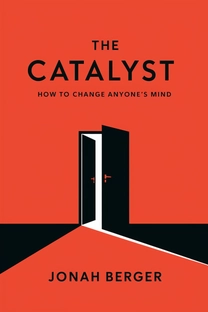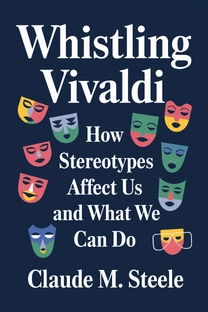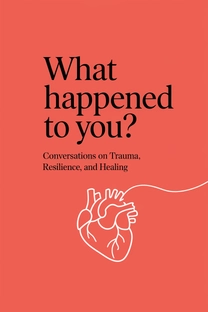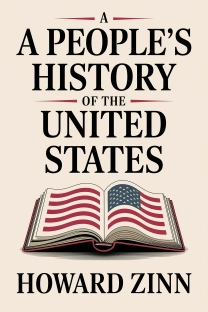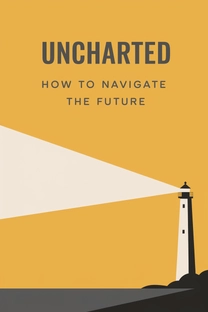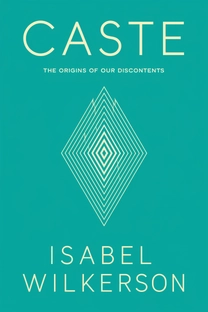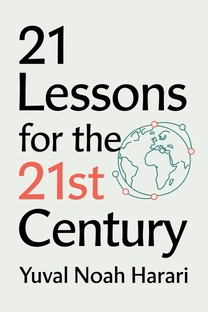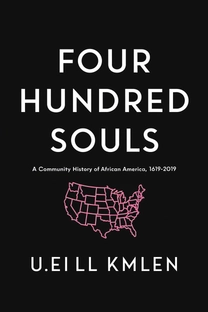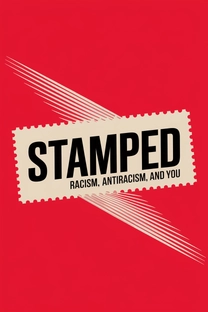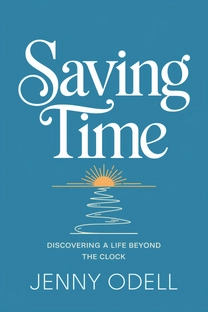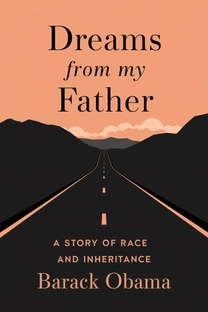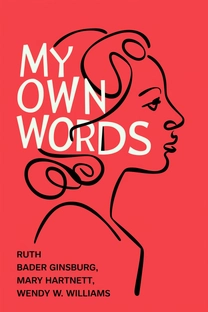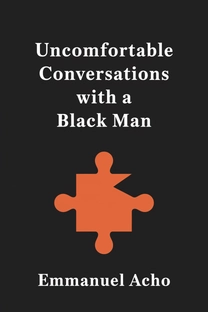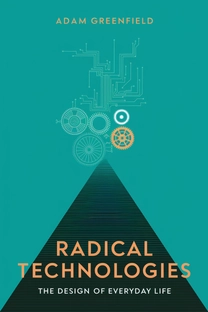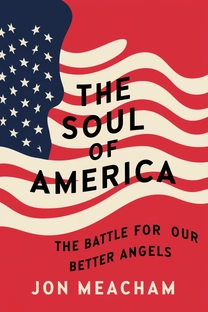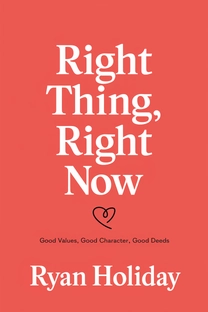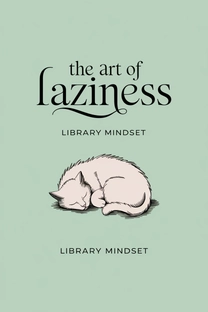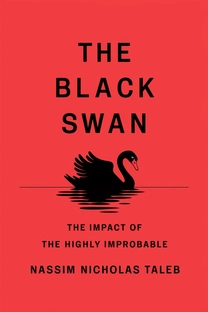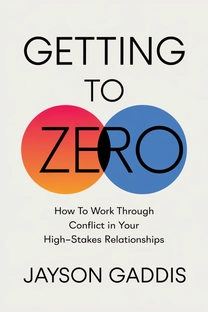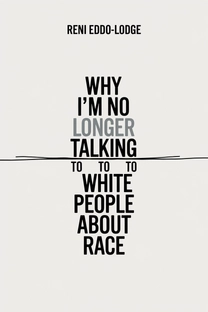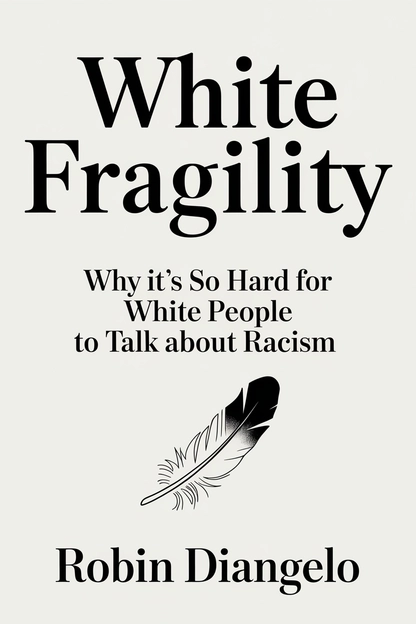
White Fragility
Why It’s So Hard for White People to Talk About Racism
by Robin DiAngelo
Brief overview
This book examines why conversations about racism often trigger defensiveness and discomfort from white people. It introduces the concept of “white fragility” and shows how even well-intentioned individuals can uphold systemic inequalities. Through practical insights, it encourages readers to confront their biases and cultivate more honest racial dialogues.
Introduction
Have you ever wondered why so many conversations about race disintegrate as soon as someone hints at prejudice or privilege? This book begins with that question and challenges us to move beyond our discomfort, especially if we’re white. Race remains a powerful force shaping every aspect of our lives.
Many white people avoid talking about racism because it feels risky or awkward. Yet by refusing to engage, we inadvertently protect a system that disadvantages people of color. We end up clinging to the notion that racism is simply hateful acts by malicious individuals, missing the deeper, structural aspects.
In these pages, you’ll encounter stories of workplaces fraught with tension when race is mentioned, or family dinners that turn silent at the mention of ‘white privilege.’ You’ll see how good intentions don’t guarantee that we’re free of racist conditioning. The author shows that being ‘nice’ isn’t enough.
This introduction is a call to see the bigger picture: systemic racism. By taking a step back and examining how we’re all socialized into it, we can start to tear down the protective barriers of white fragility. Deep introspection, humility, and an openness to discomfort are the first steps.
Why Race Matters
Race in America has never been merely about skin color; it’s deeply woven into our identities and daily experiences. From early childhood, we learn societal rules around who has power and who doesn’t, even if nobody explicitly calls it racism.
Some argue that we’re living in a post-racial world because overt acts of discrimination are less socially tolerated. Yet data on housing, education, and employment show that social and economic disparities between white people and people of color remain stark. Race continues to shape our lives in profound ways.
When white individuals claim they ‘don’t see color,’ it often reflects a desire to seem fair-minded. However, this color-blind approach ignores the real impact of racism on people of color, who know all too well that race matters every day in everything from job opportunities to everyday safety.
Understanding why race matters means recognizing that being white carries privileges like societal acceptance, reduced scrutiny, and easier access to resources. Acknowledging these dynamics is not about guilt; it’s about realizing how the playing field is uneven and how important it is to work toward greater equity.
What is White Fragility about?
“White Fragility” by Robin DiAngelo sheds light on the subtle yet powerful ways that race remains at the heart of American society. At its core, the book uncovers how even well-meaning individuals can reinforce systemic racism simply by denying it or becoming defensive. Through insightful examples, DiAngelo shows that examining our biases is more than a moral obligation—it’s a necessary step toward real social change.
The concept of white fragility refers to the discomfort many white people feel when race is discussed. DiAngelo explains why this defensiveness occurs and how it can shut down open dialogue. By outlining the “good/bad” binary, she underscores a simple truth: labeling someone racist or not racist misses the deeper, systemic forces at play.
Overall, “White Fragility” stands out for addressing tough realities with clear, accessible prose. Readers learn that the issue doesn’t lie in individual goodwill but in the structures and beliefs we inherit. Ultimately, it’s a call to action for more open, enduring conversations about race and equity.
Review of White Fragility
One of the book’s greatest strengths is its clear analysis of why discussing racism can feel so fraught. By showing that many white people view racism solely as hateful acts, DiAngelo highlights the common denial of systemic bias. She demonstrates how this perspective absolves individuals from reflecting on their own cultural conditioning, thus keeping racist structures intact.
In practical terms, “White Fragility” offers pathways to handle discomfort constructively. DiAngelo provides real-life vignettes and strategies that readers can apply in everyday scenarios, such as the workplace or family gatherings. Her writing style remains easy to follow yet incisive, ensuring that people new to antiracist work are not overwhelmed.
This book is relevant for anyone who wants to engage in honest racial discussions, especially those who’ve felt unease or resistance in similar dialogues. DiAngelo’s pragmatic tone and thorough research make it both accessible and enlightening. For anyone ready to deepen their understanding of systemic racism, “White Fragility” is a worthwhile and eye-opening choice.
Who should read White Fragility?
- Diversity and inclusion leaders seeking deeper insight into racial barriers in organizations
- Educators striving to create equitable learning environments
- HR professionals who engage employees in topics of race and inclusivity
- Readers curious about systemic racism and looking to unlearn harmful biases
- Community organizers and activists wanting to foster more honest, productive dialogues about race
About the author
Book summaries like White Fragility
Why readers love Mindleap
10-Minute Book Insights
Get the core ideas from the world's best books in just 10 minutes of reading or listening.
Curated For You
Discover your next favorite book with personalized recommendations based on your interests.
AI Book ExpertNew
Chat with our AI to help find the best book for you and your goals.
Reviews of MindLeap
Love how I can get the key ideas from books in just 15 minutes! Perfect for my busy schedule and helps me decide which books to read in full.
Alex R.
The summaries are incredibly well-written and the audio feature is perfect for my commute. Such a time-saver!
Jessica M.
Great app for personal growth. The insights are clear and actionable, and I love how they capture the essence of each book.
Chris P.
The app is beautifully designed and the summaries are top-notch. Definitely worth every penny!
Sarah K.



